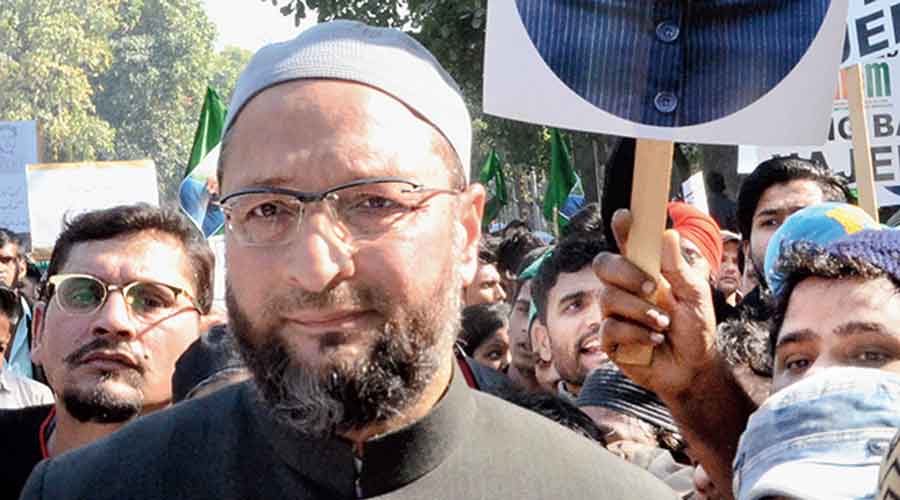The choice of words can mirror the times, but not necessarily their own histories. The wisdom of this inference was brought to light, once again, in the course of a fractious exchange in the Bihar assembly. The elected members of the All India Majlis-e-Ittehadul Muslimeen refused to utter the word, ‘Hindustan’, voicing their preference for ‘Bharat’, while taking their oaths as legislators. The Bharatiya Janata Party, characteristically, responded to the AIMIM’s demand by thundering that any Indian allergic to the term, ‘Hindustan’, should leave the country and seek shelter in Pakistan. The banter between the AIMIM and the BJP would have been comic had it not been for the fact that the exchange, sadly, exposes the extent of the distortion that history has undergone with the ascendancy of a shrill religious ethic in the Indian polity. Their sparring notwithstanding, the AIMIM and the BJP legislators exhibited a common, dangerous strain; the lack of erudition. The AIMIM, which seldom shies away from claiming to represent the interests of India’s Muslim community, was expressing its reservations against a word with a distinct root in Persian and Urdu, languages that are synonymous with the Islamic world. The BJP, arguably, turned up its nose at ‘Bharat’, a word rooted in Sanskrit, the prized vocabulary of ancient India. It rooted, instead, for ‘Hindustan’, oblivious to its Islamic lineage.
Erudite politicians are a rarity in India. But that is the lesser of the two evils in this context. What is chilling is how commonplace the spectre of sectarian ethic is in New India. States — is it a coincidence that the BJP is in power in each of these? — are blatantly undermining their constitutional imperatives by framing legislations that seek to demonize inter-faith union and harmony. The frightening consequences of this sustained poisoning of India’s collective fraternity are now glaringly evident; public representatives think nothing of pandering to such divisiveness, lowering the dignity of an august House and its proceedings. The taint was mitigated somewhat when a Congress legislator, a Muslim, chose to take his oath in Sanskrit. This kind of intervention is a stark reminder of the urgent need to replenish the spirit of syncretism and plurality. But such a sensibility, even though it is courageous, is now rare — as rare as politicians committed to protecting India’s secular edifice from calculated bigotry.











